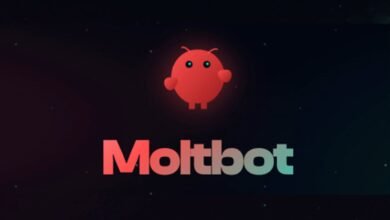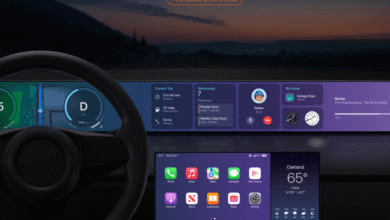ChatGPT’s Research Tool Now Connects to GitHub for Code Answers

▼ Summary
– OpenAI is adding a GitHub connector to ChatGPT’s “deep research” feature, allowing developers to analyze codebases and engineering documents.
– The GitHub connector will be available soon for ChatGPT Plus, Pro, and Team users, with Enterprise and Edu support coming later.
– The new feature can break down product specs, summarize code structure, and help implement APIs using real code examples.
– OpenAI acknowledges the risk of AI hallucinations but positions the tool as a time-saver, not a replacement for experts.
– OpenAI also launched fine-tuning options for developers, including for its o4-mini and GPT-4.1 nano models, with access restrictions for verified organizations.
OpenAI has expanded ChatGPT’s research capabilities with a new GitHub integration, allowing developers to analyze codebases and technical documentation directly through the AI assistant. This enhancement marks the first official “connector” for ChatGPT’s deep research feature, which previously focused on compiling web-based information into comprehensive reports.
The GitHub connector, currently in beta, enables users to query specific repositories, break down product specifications into actionable tasks, and even summarize complex code structures. Available initially for ChatGPT Plus, Pro, and Team subscribers, the feature will soon extend to Enterprise and Education plans. OpenAI emphasizes that access respects existing GitHub permissions, meaning users can only view content they’re authorized to see.
This move aligns with broader industry trends, as AI firms increasingly prioritize integrations with third-party platforms. Competitors like Anthropic have introduced similar functionality, offering pipelines to connect Claude with external apps. OpenAI previously experimented with plugins for ChatGPT but shifted focus to customizable GPTs—specialized chatbots tailored for specific workflows.
Beyond code analysis, the tool helps developers understand API implementations using real-world examples and identify dependencies within projects. However, OpenAI acknowledges the persistent risk of AI hallucinations, cautioning that while the feature can save time, it shouldn’t replace expert review.
The GitHub integration follows OpenAI’s ongoing investments in developer tools, including the recent launch of Codex CLI, a terminal-based coding assistant, and upgrades to ChatGPT’s desktop app for better code interpretation. Reports also suggest the company is nearing a $3 billion acquisition of Windsurf, an AI coding assistant, underscoring its commitment to programming applications.
In related updates, OpenAI introduced fine-tuning options for its newer models, including the o4-mini and GPT-4.1 nano. While o4-mini customization requires organizational verification, GPT-4.1 nano adjustments are open to all paying developers. These refinements aim to improve task-specific performance through reinforcement techniques, though access restrictions reflect OpenAI’s efforts to curb misuse.
The company began enforcing stricter verification in April, mandating ID submissions for certain features—a measure framed as necessary to maintain platform integrity. As AI assistants evolve, balancing expanded functionality with security remains a key challenge for providers and users alike.
(Source: TechCrunch)





